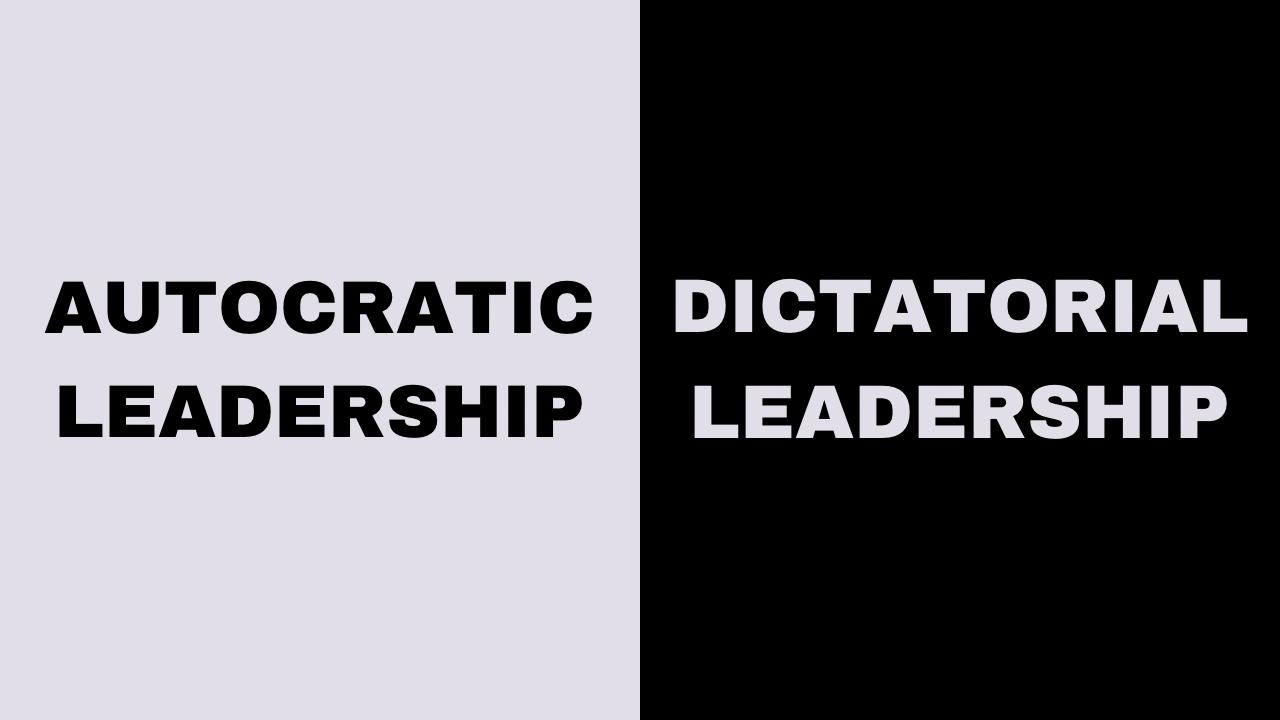

► These are another psychological factors affecting human behavior.
► Fatigue: It is a reduction in ability to do work because of previous work.
► Decrease in capacity to do work-a loss of efficiency.
► More or less complete loss of irritability and responsiveness of a tissue.
► Condition of mind resulting from prolonged mental activity.
► It is a failure to maintain physiological or organic equilibrium.
► Thus fatigue is a physiological as well as psychological phenomenon.
► The evidence of physiological fatigue is found in muscle, nerve, blood and brain.
► It is measured by ergo-graph studies which explains the nature of fatigue.
► Psychological fatigue denotes factors difficult to achieve, which cause work decrement.
► It includes falling-off efficiency as well as boredom and monotony. Motivation can decrease fatigue.

Boredom is another similar term.
Repetitions and monotony contribute to boredom.
| Fatigue | Boredom |
| Physiological depletion | Mental dullness |
| Decreased capacity for work | Decreased interest in work |
| Conscious inability | Feeling of incapacity |
| Result of too much work challenges | Result of absence of work challenges |
| Spirit is willing but the flesh is weak | Flash is willing but the spirit is weak |
| Desire for rest | Desire for change |
| Somewhat measurable | Difficult to measure |
► Monotony is also a mental phenomenon affecting work.
► Monotony effects are more during the middle of work period and disappear in anticipation of the end of the period.
► The extent of monotony depends upon repetitive nature of the task and degree of attention required.
Methods to eliminate boredom and monotony from industry are:-
- Exchanging jobs
2. Relating the job to the larger picture.
3. The use of sub goals.
4. The use of pacing methods and automatic work habits.
5. Rhythmical habit pattern.
6. Piece-rat procedure.
7. Creation of favorable attitudes.
8. Improvement in working conditions and housekeeping.



